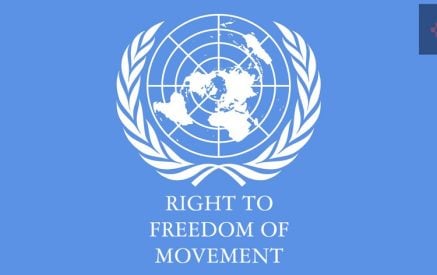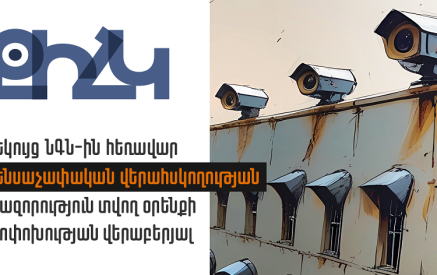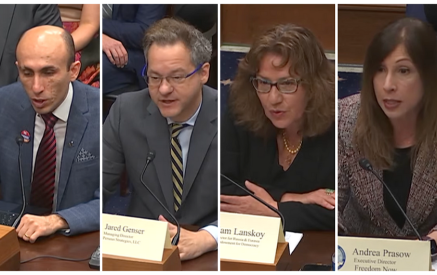The U.S. Department of State published its 2022 report on human rights, which addressed the current situation in 200 countries, including Armenia.
The section on Armenia, it must be said, is more critical than in previous years. “Torture by members of the security forces, harsh prison conditions, arbitrary arrests or detentions, serious problems related to judicial independence, arbitrary or illegal interference with private life, restriction of freedom of speech” is mentioned”.
I don’t know what standards the report’s authors are guided by. Still, regarding freedom of speech, for example, it seems suspicious that the authorities, in response to media criticism, collect “kompromat” against the media and journalists themselves. That’s not the best way to rank high on free speech rankings. Another question is that our government is not very interested in rating such reports. All their activities aim to create internal public opinion, for which “kompromat” and “fakers brigades” are pretty applicable.
The State Department also notes that “the country has a legacy of systemic corruption in many areas, including construction, mining, public administration, parliament, the judiciary, procurement, and the provision of state aid.” Accusations were also made about misappropriation of state funds and dubious business activities with the involvement of state officials.”
Read also
The key word here is “heritage.” Regarding content, today’s corrupt people are descendants of the “former ones.” From the point of view of the form, there is no longer the corruption that existed before 2018, when a bag full of dollars was brought to any big or small “boss,” and he took out the dollar bills from that bag and distributed them “according to the services rendered.”
(I presented a little schematic, but that was the point). Now, thankfully, that’s gone. But “recognizing” a friend or a loyal oligarch as the winner in construction and other tenders, distributing bonuses to people who “rendered service,” or giving a bureaucrat a loan on preferential terms is also corruption.
The report’s statements about the non-independence of the courts and the rest are also factual. In short, there are problems, and that’s normal; which country doesn’t have them? The response of the Armenian government to any criticism is extraordinary: not understanding what it is about, but turning the word back with the argument, “what about you”? That is the reaction of immature people.
Aram ABRAHAMYAN






















































